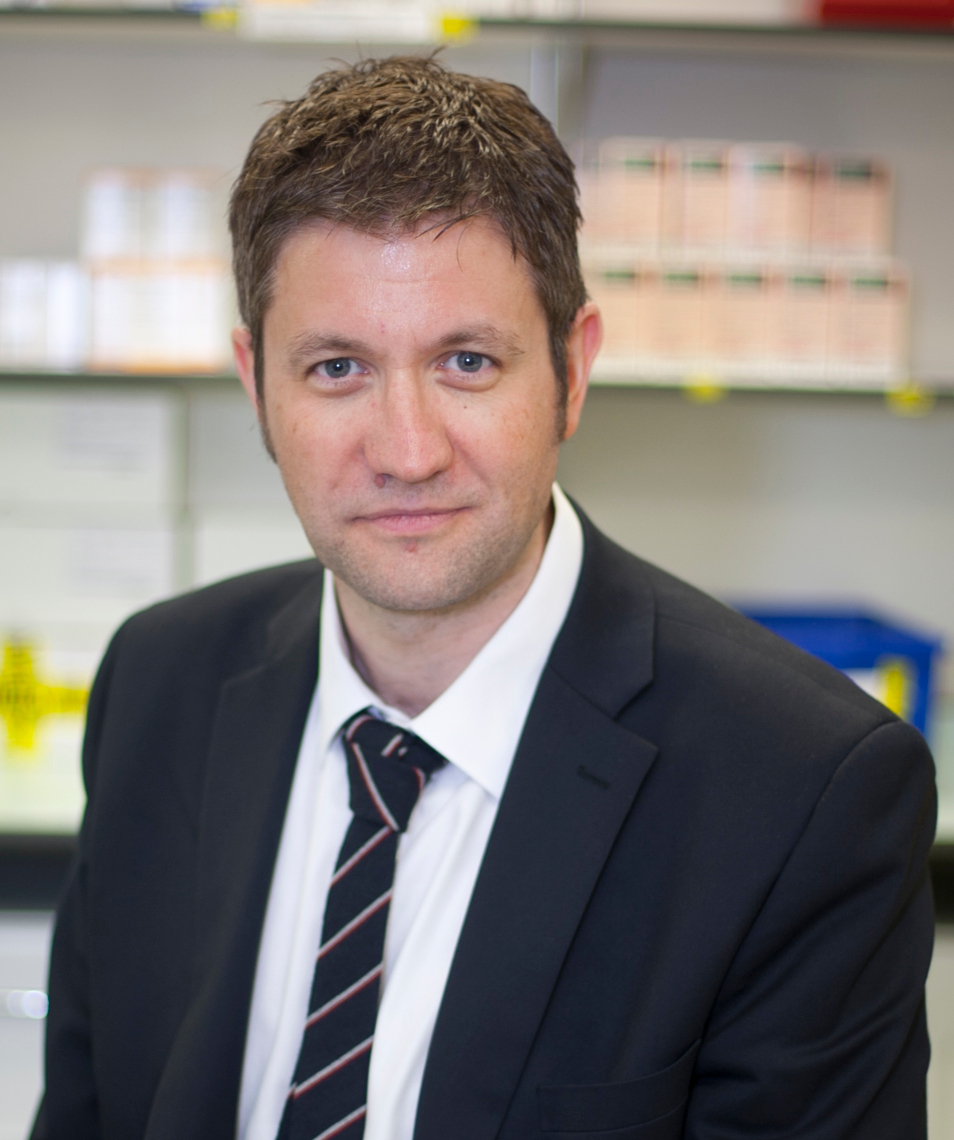Researchers hail breakthrough in pancreatic cancer research
Posted 25th January 2017
Researchers at The Clatterbridge Cancer Centre NHS Foundation Trust and the Cancer Research UK Liverpool Clinical Trials Unit have discovered a combination of two different drugs could increase survival rates in people with operable pancreatic cancer.
Previously, people diagnosed with the disease were treated with chemotherapy called gemcitabine following surgery.
The research team from the Clatterbridge Cancer Centre, working with colleagues from other centres in the United Kingdom and Europe, found combining this drug with another called capecitabine could not only extend life but also potentially increase survival rates.

The findings of this groundbreaking research, published in The Lancet, conclude that this combination treatment should become the new standard of care for suitable patients following surgery.
Cases of pancreatic cancer are on the increase and it is likely to become the second leading cause of cancer mortality in the near future.
In 2014, there were 9,618 new cases of pancreatic cancer in the United Kingdom. In the same year 8,817 people died from pancreatic cancer in the UK.
It is hoped this research, which involved 71 patients from Merseyside and was led by Chief Investigator Professor John Neoptolemos of the University of Liverpool, could increase cure rates significantly.
Professor Dan Palmer, Consultant Medical Oncologist at The Clatterbridge Cancer Centre and lead oncologist in this research, above, said: “This is a significant step forward in the treatment of pancreatic cancer.
“The cure rate after surgery alone is less than 10 per cent. Surgery plus the single chemotherapy treatment sees a cure rate of 16 per cent.
“This research has found that surgery plus the combination of both chemotherapy drugs sees this figure increase to nearly 30 per cent. So we have seen not just extension of life but an increase in the cure rate. This is not to be underestimated in a cancer that is prevalent in this area of the UK and has a poor prognosis.
“It also means we can now begin to investigate more targeted approaches to treatment with our ongoing laboratory research using cancer samples from the patients in this trial to ensure that, in the future, patients will get the treatment suitable to their case.”
